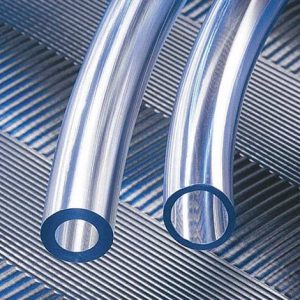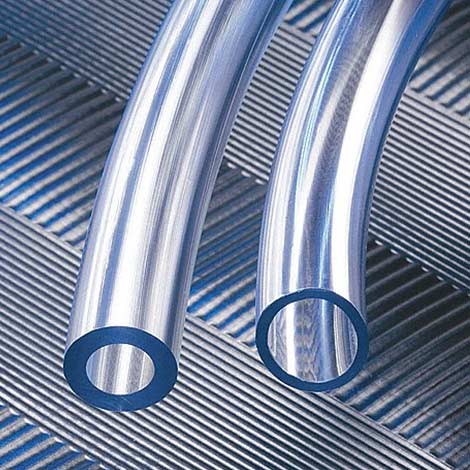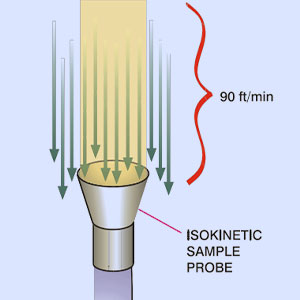How to Conduct Particle Transport Tests
Discussions about particle transportation in tubing are common within industries. Some argue that flow rate is most important, while others argue that the sampling tubing is most important. Both sides can agree that carefully planning the installation will minimize particle losses. Particle Measuring Systems (PMS) has written numerous technical papers that discuss particle transport, but often, we are asked how we conduct those tests. This paper relates methods for conducting particle transportation tests, including the reasons why flow rate and tubing materials significantly influence results.
Standards and Suggested Practices

Currently, no formal standards or suggested practices exist for testing particle transportation in tubing for particle counters. This paper is not intended to develop into a formal testing standard, but simply provide some guidelines for conducting particle transport tests based on our wide range of experience and applications in Particle Transportation in Tubing. Topics in this paper include:
- forces on particles
- test parameters
- suggested test procedure
- test procedure results
Complete the form on this page to access the full paper.
Get the experts in Particle Measuring Systems’ Advisory team to do your risk assessment for tubing particle loss.
Particle loss in transport tubing can occur due to a combination of various external factors. To assess the risk and potential impact on the finished product, it is crucial to conduct particle transportation tests. The primary objective of these tests is twofold: first, to quantify the resultant particle losses within a remote sampling system, and second, to provide documented evidence characterizing the efficiency of viable and non-viable monitoring processes. By addressing these aspects, manufacturers can gain valuable insights into the particle transportation dynamics in their remote systems and ensure appropriate measures are taken to maintain product quality.


